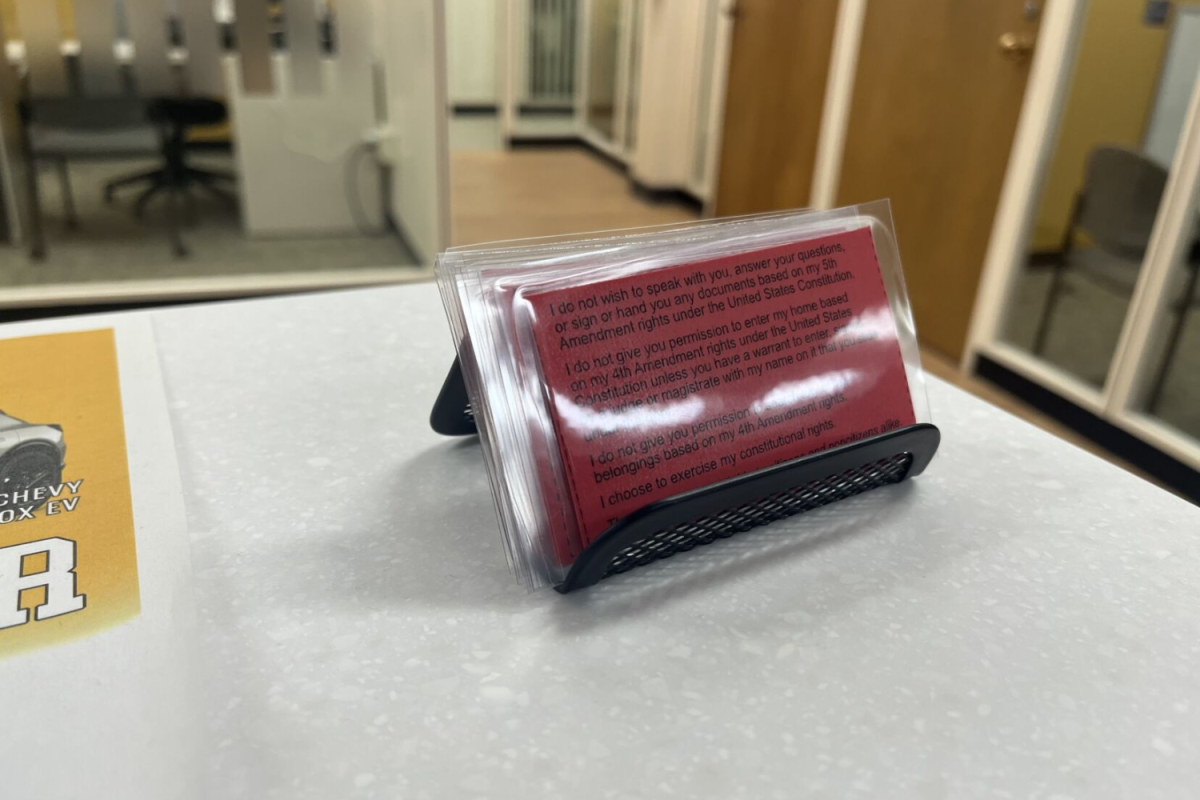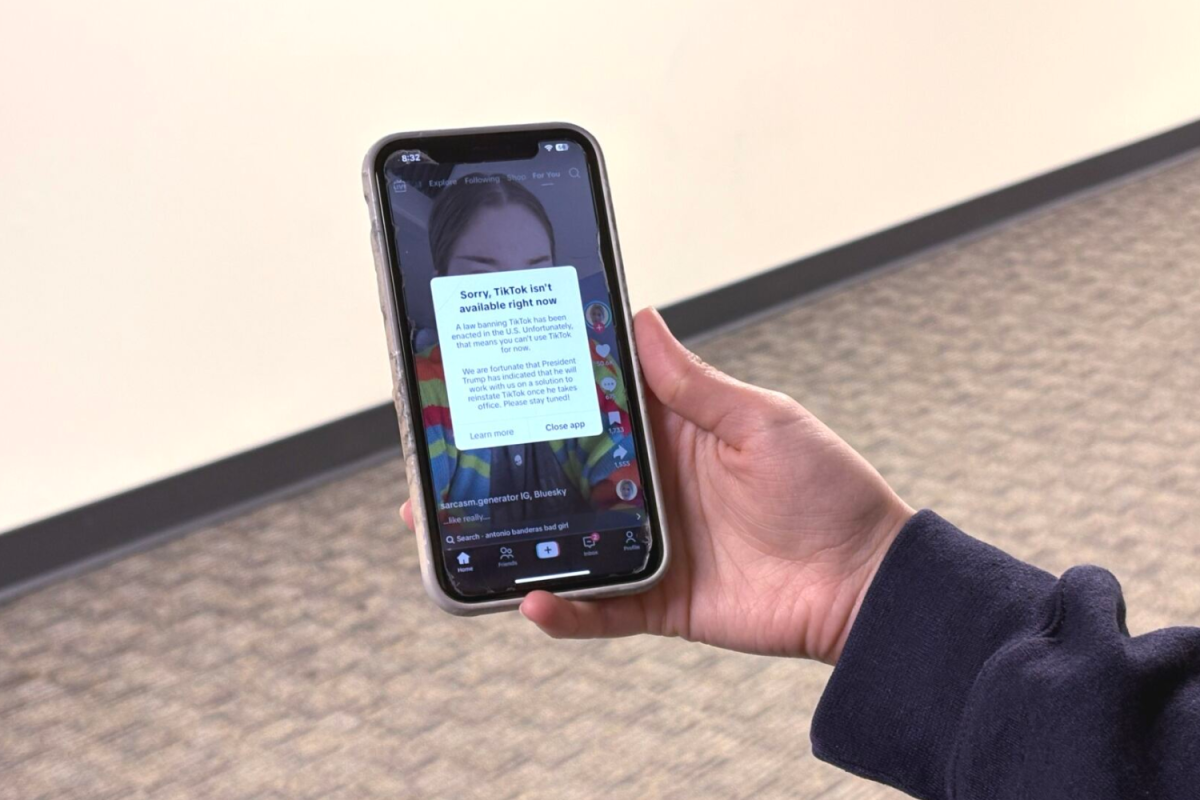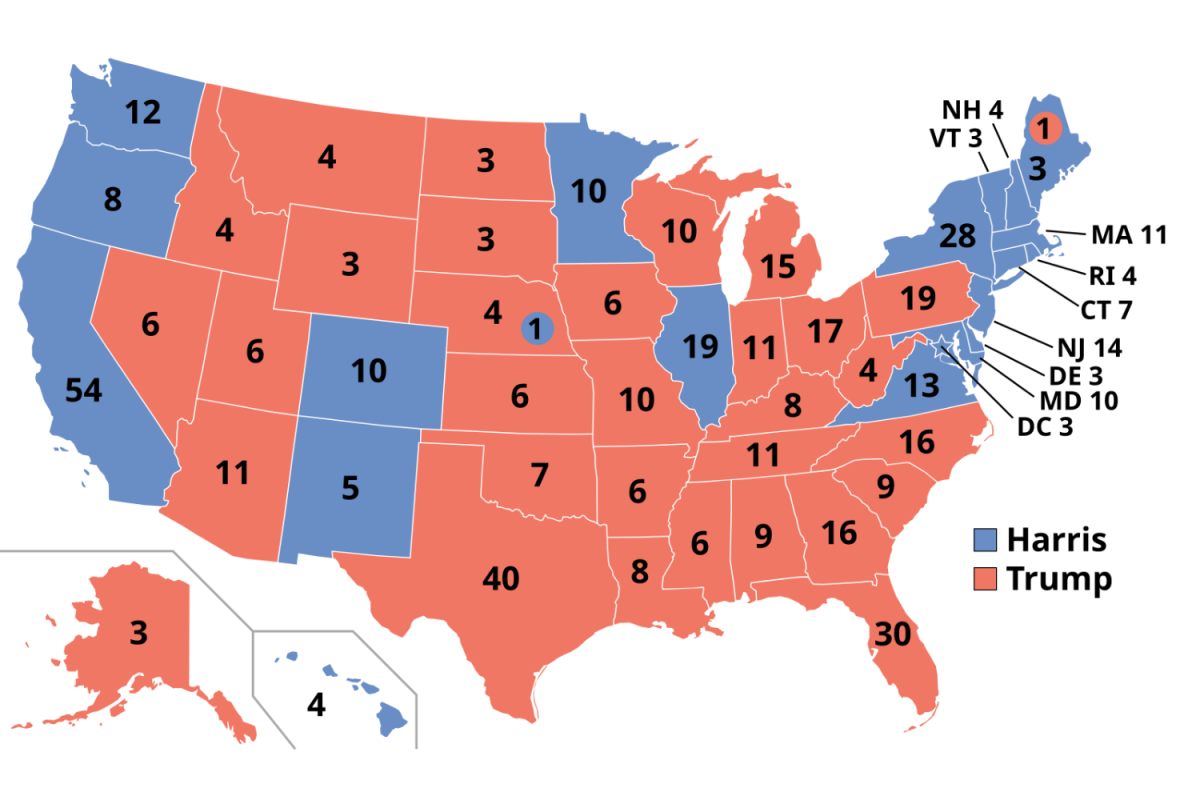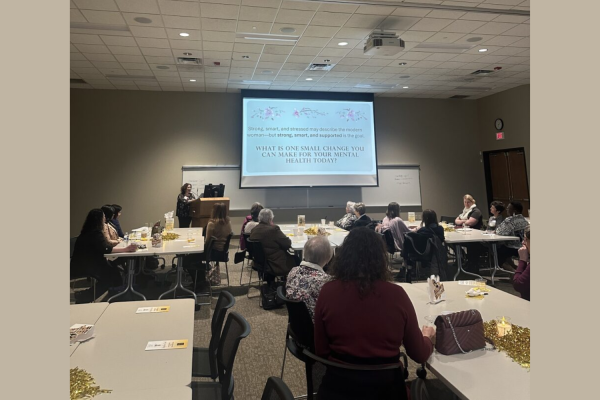4 takeaways from the student handbook to get you through the year
Although the Baldwin Wallace Student Handbook is a required reading for students, some may not be aware of the policies that they agreed to follow. We read the handbook cover-to-cover so you don’t have to.
The Baldwin Wallace University Student Handbook covers a variety of policies including housing rules, academic honesty, alcohol and drug policies, discrimination policies and the behavior and considerations of the University should these policies be violated.
But how well do students – who are required to read the handbook – really know the policies they are agreeing to?
Here are a few of those policies in the 2022-23 edition of the student handbook:
- Student Housing: There is a possible fine of $125 for failure to complete the housing check-in and check-out forms. This year, the University now permits students who live in non-air-conditioned housing to bring their own portable floor air-conditioning unit if it falls within the requirements. In previous years, it was required that students who wished to have a personal air-conditioning unit needed a doctor’s note.
- Alcohol Restrictions: First-year students who have not yet signed-off on the required alcohol education program could face possible repercussions. Students who fail to do so may be subject to fines of up to $150 and be required to participate in supplemental education programs or counseling. The most significant punishments for alcohol offenses include a $200 fine and a one-year suspension or expulsion from BW.
- Guests in Rooms: Regarding overnight guests, the University has altered the language from “same-sex guests” to simply “guests,” removing any gender-based restrictions in this year’s handbook. The guest policy has remained the same: guests may stay overnight for no more than three consecutive nights or six nights per month, barring approval from the hall director or area coordinator.
- Pets: With pets, the University narrowed the definition for the type of pets allowed in a room, concluding that a frog is not a “fish.” The handbook defines a fish as “an animal with a skull and backbone that has gills throughout life and whose limbs, if any, are in the shape of fins.” Kristen Brewer, the assistant director of resident life and housing, said the definition was narrowed because, in past years, some students have tried to pass off amphibians for fish. Brewer said the handbook is updated frequently, sometimes in response to new situations and other times for expanding safety concerns. “Our policies are put in place for safety and the way you should live in a community,” Brewer said. “It is pretty consistent with other institutions I have worked at in the past.”
The Exponent is looking for financial contributions to support our staff and our newsroom in producing high-quality, well-reported and accurate journalism. Thank you for taking the time to consider supporting our student journalists.



































